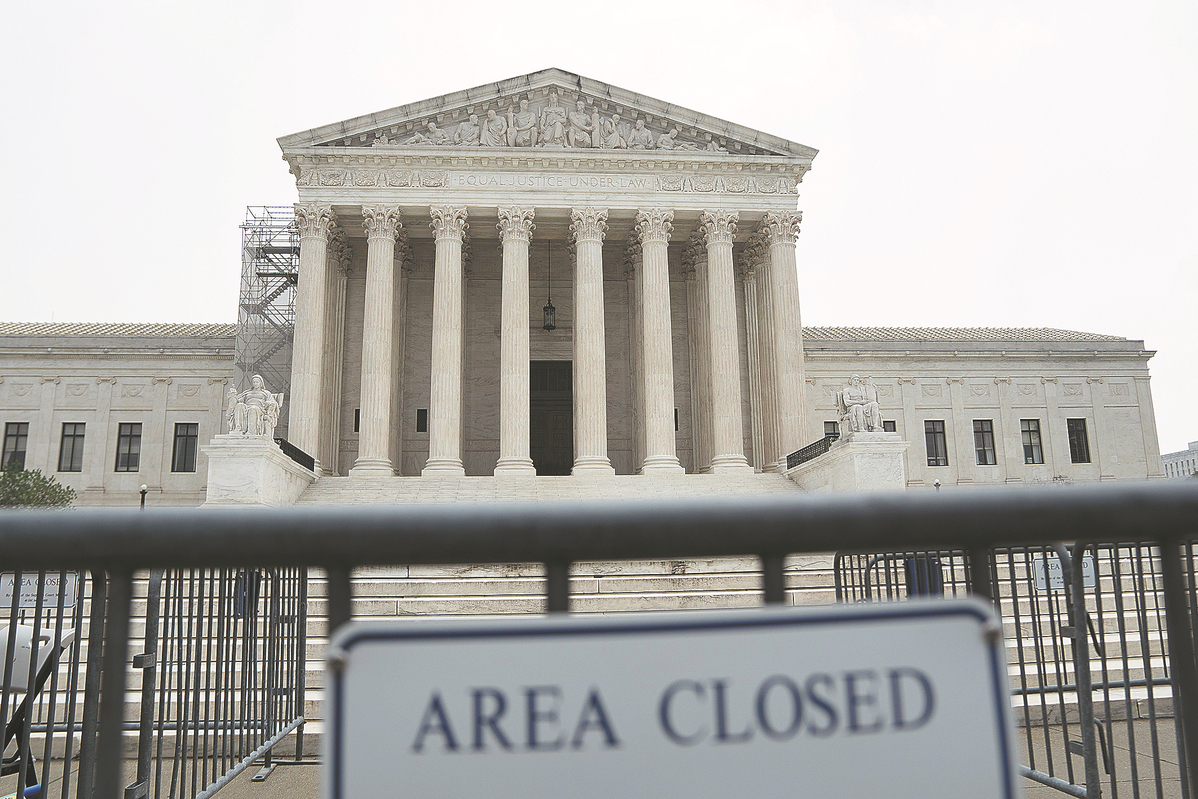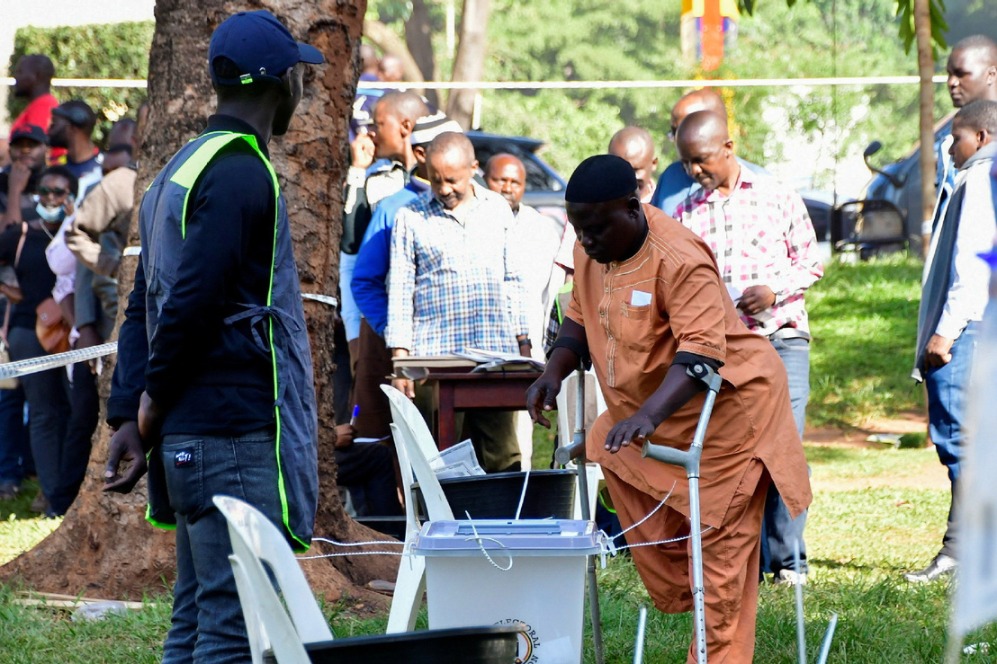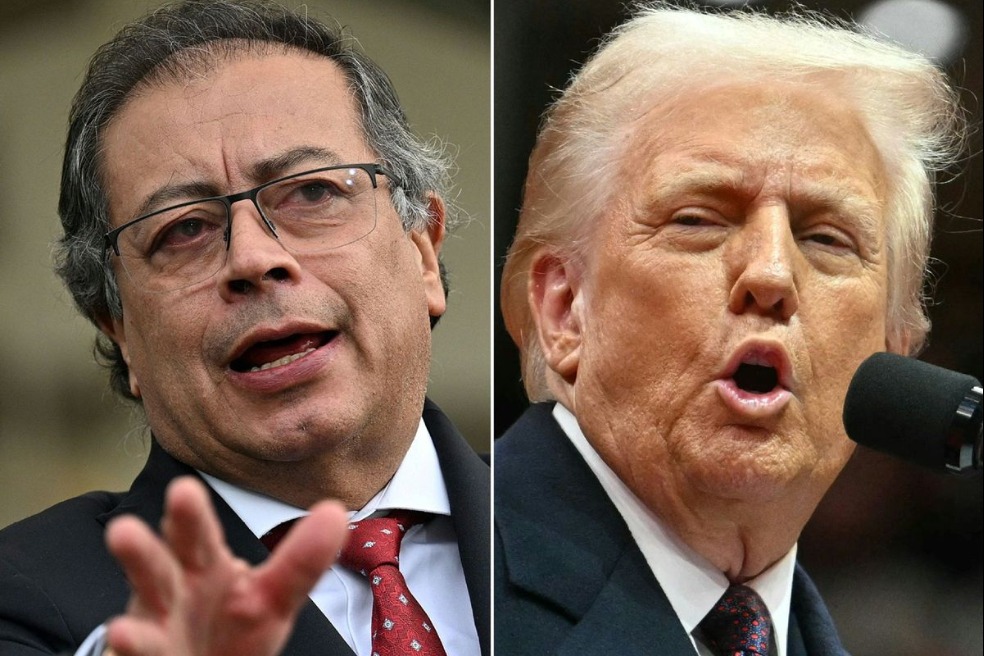Legacy admissions in the eye of storm


Defense slammed
Shamus Khan, a professor of sociology and American studies at Princeton, defended the legacy preference in a recent opinion article published by The New York Times.
He said poor students and students of color enjoyed "a big economic boost from going to elite schools" compared with legacy students. "And that's because elite colleges connected them to students born into privilege."
Khan's opinion sparked immediate opposition.
John Bowman, a professor of political science at Queens College of the City University of New York, wrote in a letter to the Times that upward social mobility was achieved not by "giving a leg up to the sons and daughters of the elite, but by providing our students with the skills necessary for success".
A poll by the Pew Research Center in Washington last year found that 75 percent of the people surveyed believed that legacy preferences should not be a factor in college admissions.
A new survey from Generation Lab, a research company in Washington, found 75 percent of college students and recent graduates believed it is unfair for colleges to consider legacy status in admissions.
US President Joe Biden also weighed in on legacy admissions in the wake of the Supreme Court's ruling on Affirmative Action, saying legacy admissions "hold back our ability to build diverse student bodies".
In 2021, Colorado became the first state to eliminate legacy admissions at all public colleges and universities when Democratic Governor Jared Polis signed a ban on the practice into law.
In Massachusetts, two Democratic legislators proposed a bill earlier this year seeking to tax rich colleges that favor families of alumni and donors in admissions policies and give the money to poorer community colleges.
The legislation targets Harvard, Williams College and some other schools that use legacy preferences when considering applications. It uses a formula determined by endowment value per student to determine fees based on a sliding scale.
Harvard, the richest US college with a $50.1 billion endowment, would be assessed at an estimated $103 million a year, according to the bill's sponsors.

































